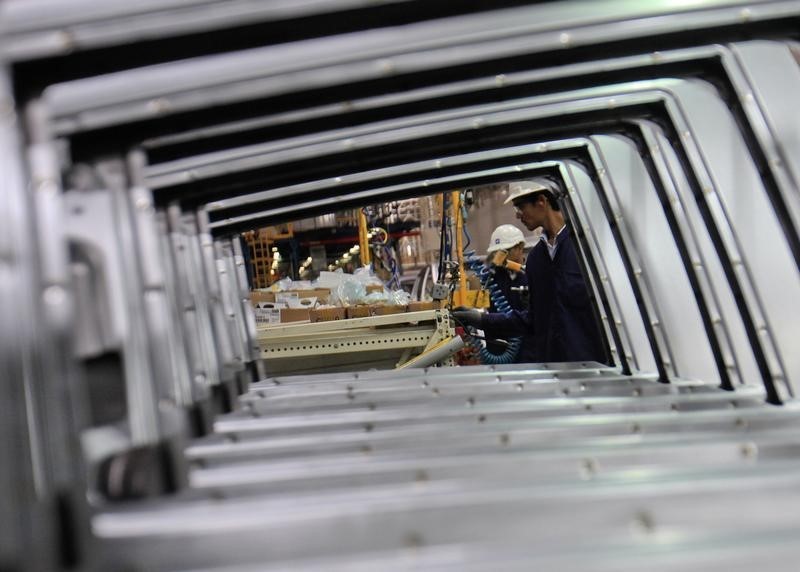Gold prices set for weekly gains on dovish Fed outlook; silver near record high
General Motors’ (NYSE:GM) robotaxi business, Cruise, has decided to suspend all driverless operations across the U.S. after California regulators deemed the vehicles unsafe for public operation and suspended the company’s self-driving permit.
“The most important thing for us right now is to take steps to rebuild public trust,” Cruise said in an online post late Thursday.
“Part of this involves taking a hard look inwards and at how we do work at Cruise.”
The suspension of Cruise's services adds to the challenges faced by GM in its pursuit of autonomous driving technologies. This setback comes on the heels of a turbulent week for the Detroit automaker, marked by a reduction in its electric-vehicle ambitions and the expansion of the United Auto Workers strike to one of its largest most lucrative plants.
GM's CEO Mary Barra has heavily invested in new technologies such as EVs and self-driving cars, striving to reduce dependence on traditional gas-engine models, which currently generate most of the company's revenue. However, the growth of these conventional models is limited due to new auto-emissions regulations.
Earlier this week, the California Department of Motor Vehicles revoked Cruise's self-driving permit, citing the company's misrepresentation of safety-related technology information.
Meanwhile, outside of California, Cruise has been expanding its operations in various U.S. cities, such as Austin, Texas, Houston, and Phoenix, deploying driverless fleets in a bid to ramp its business.
Cruise said the decision to halt fleetwide operations isn’t related to any new on-road incidents.
Last week, the NHTSA initiated a safety-defect investigation involving nearly 600 Cruise driverless cars. Additionally, last year, a California agency probed an anonymous letter alleging that Cruise was gearing up for an early launch of its robotaxi service.
Shares of GM are down 0.11% in pre-market trading Friday morning.
